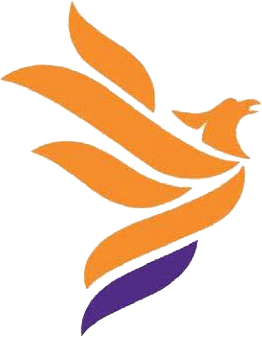Psycho-Educational Assessment
- Home
- Psycho-Educational Assessment
Psycho-Educational Assessment
A psychoeducational assessment is a comprehensive evaluation conducted by psychologists, educational specialists, or other qualified professionals to assess a person’s cognitive abilities, academic skills, socio-emotional functioning, and behavioral characteristics. This type of assessment is commonly used to identify learning disabilities, developmental disorders, emotional difficulties, and other factors that may impact a person’s academic performance and overall well-being.

How It Works ?
- Cognitive assessment evaluates a person's intellectual functioning, including abilities such as verbal comprehension, perceptual reasoning, working memory, and processing speed. It helps identify strengths and weaknesses in cognitive abilities that may influence learning and academic performance.
- Academic assessment examines a person's academic skills in areas such as reading, writing, mathematics, and oral language. It assesses proficiency levels, identifies areas of difficulty or discrepancy, and provides insights into learning styles and instructional needs.
- Socio-emotional assessment focuses on assessing a person's socio-emotional functioning, including social skills, emotional regulation, behavior, self-esteem, and adaptive functioning. It helps identify social-emotional strengths, challenges, and areas needing support.
- Behavioral assessment examines a person's behavior in various settings, such as school, home, and community. It assesses behavioral patterns, attentional difficulties, executive functioning skills, and the impact of behavior on academic and social functioning.
- Psychoeducational assessments often include observations of the individual in naturalistic settings and interviews with parents, teachers, and other relevant individuals to gather information about the person's behavior, learning experiences, developmental history, and environmental factors.
- Psychometrically sound standardized tests and rating scales are commonly used in psychoeducational assessments to gather quantitative data and compare an individual's performance to normative samples. These assessments provide objective measures of cognitive abilities, academic skills, and socio-emotional functioning.
- Following the assessment, professionals interpret the findings and provide recommendations for intervention, accommodations, educational placement, and support services. Recommendations are tailored to the individual's strengths, needs, and goals, with a focus on promoting academic success, socio-emotional well-being, and overall development.
Psychoeducational assessments are conducted in a collaborative and culturally sensitive manner, with a focus on understanding the individual within the context of their family, school, and community. They serve as a valuable tool for guiding educational planning, intervention decision-making, and support services for individuals across the lifespan.
